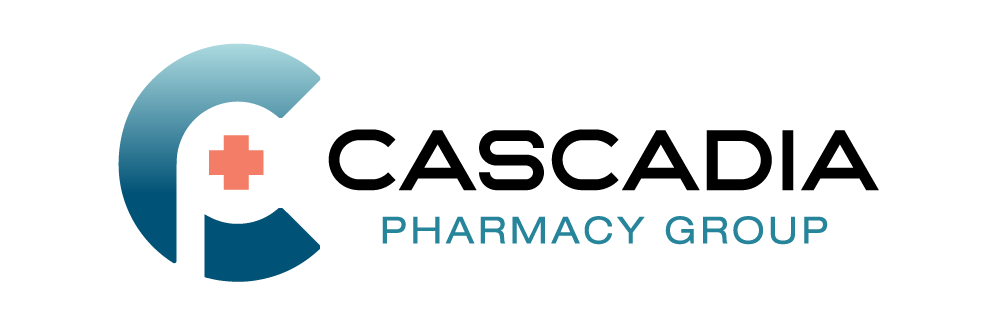This is a summary of the June 25, 2024 Wall Street Journal article ‘Mail-Order Drugs Were Supposed to Keep Costs Down. It’s Doing the Opposite.‘ written by Jared S. Hopkins.
Mail-order prescriptions were initially hailed as a cost-saving innovation for employers managing drug benefits. However, a recent article from the Wall Street Journal reveals that this system is now driving up costs significantly.
One employer was paying about $100 for a prescription for a generic antidepressant, though it could be bought elsewhere for about $12.
Below is a summary of the key points from the WSJ article:
Rising Costs at Unity Care NW
Unity Care NW, a nonprofit health clinic in Washington state, projects a 25% increase in medical and drug benefits this year, largely due to the high cost of mail-order prescriptions. Despite promises of savings, mail-order drugs are costing substantially more than those picked up at retail pharmacies. For instance, Unity Care paid around $100 for a generic antidepressant that retails for about $12 elsewhere.
The Impact of PBMs
Pharmacy-benefit managers (PBMs), who promote mail-order services as cost-effective, are at the center of this issue. PBMs, including industry giants like UnitedHealth’s Optum Rx, CVS Health’s CVS Caremark, and Cigna’s Express Scripts, control 80% of prescription claims and own mail-order pharmacies. This vertical integration allows them to mark up prices significantly, increasing their revenue at the expense of employers.
Markup Analysis
An analysis by 3 Axis Advisors shows that generic drugs filled by mail are marked up over three times more than those from retail pharmacies. For branded drugs, the markup is even higher, averaging three to six times more, and in some cases, up to 35 times more. This discrepancy highlights how mail-order pharmacies, particularly those owned by PBMs, have become a lucrative business model.
Employer Challenges
Employers like Unity Care and Security Industry Specialists (SIS) have noted substantial increases in prescription drug spending due to mail-order markups. SIS switched PBMs and reduced mail-order prescriptions to lower costs. However, many employers struggle to get transparency from PBMs about actual drug costs and reimbursements, making it difficult to identify and combat these inflated expenses.
Regulatory Scrutiny
The opaque practices of PBMs are drawing increasing scrutiny from regulators and lawmakers. The lack of transparency prevents employers from understanding the true cost dynamics of their drug benefits, hindering efforts to manage and reduce expenses.
Conclusion
The promise of cost savings from mail-order prescriptions has turned into a costly burden for many employers. As PBMs continue to mark up prices, the need for greater transparency and regulatory oversight becomes more critical to ensure fair pricing and prevent exploitation.
What you can do to mitigate the financial impact of mail-order drug markups:
As a patient: Know that, in most cases, you CAN opt out of being forced to use mail order for your prescriptions. Pay attention to misleading language in your health plan benefits overview.
As an employer: Remain vigilant, scrutinize your company’s drug spending, and consider alternative solutions.

